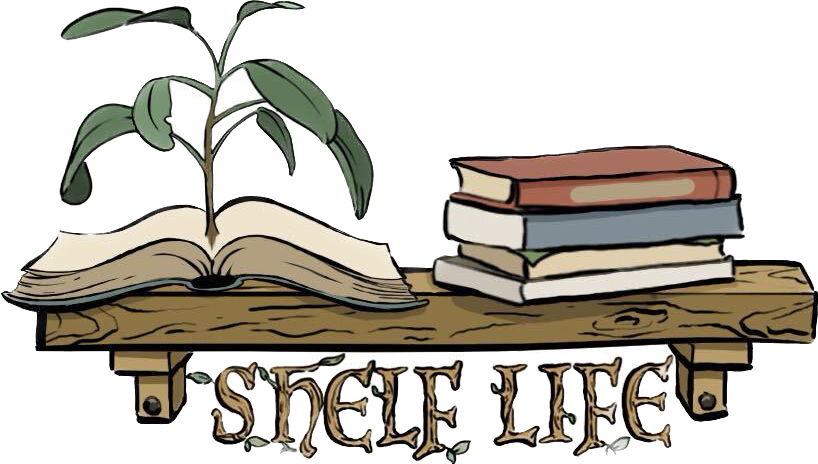
Nest of Matches
Description
Poems that bask in the beauty of nature, queerness, and love while exploring how dichotomies form identity.
Amie Whittemore’s Nest of Matches is a lavish declaration of the beauty of the natural world, queer identity, and of the imagination set free. Whittemore’s third collection explores the complexities of love—romantic, familial, and love for place—and wonders at cycles of life, finding that: “Every habit / even love—strangest / of them all—offers exhaustion / and renewal.” Moving seamlessly from meditations on the moon’s phases to explorations of dream spaces to searches for meaning through patterns of love and loss, Whittemore’s work embodies the mysteries of dichotomies—grief and joy, consciousness and unconsciousness, habit and spontaneity—and how they coexist to create our identities. Throughout the collection, Whittemore reveals how interior nature manifests into exterior habits and how physical landscapes shape the psyche.
Praise for Nest of Matches
"The third collection from Whittemore examines the complexities of queer identity, nature, landscape, and desire in poems that celebrate the dichotomies of experience."
— Publishers Weekly
“In Nest of Matches, Whittemore has the audacity to create a series of poems titled ‘Another Queer Love Poem that Fails’ and then embeds them in a book that beautifies queerness as a source of possibility, transformation, and survival. The poems in Nest of Matches struggle with understanding the queer self as lovable, as desirable, even as worthy of life. Yet, at the same time, this book celebrates and anoints this confused, combustible self (‘Litter, confetti; what’s / the difference? It shines like it belongs’). This is a book of winter on the cusp of spring, a heart that wants to abandon ‘good [as] a synonym for being good.’ If you are lost in the dark, Whittemore will grab hold of your hand and run with you toward the moon.”
— Eric Tran, author of "The Gutter Spread Guide to Prayer" and winner of the Oregon Book Award for Poetry
"Hypnagogic and thirsty, Whittemore’s poems ache with desire particular to the queer body, which is to say that, yes, her lines are erotically charged, but what they seek is not always the arms of another but something more difficult to hold, such as an understanding of what it means to be good or the unstoppable slippage of time. As such, the poems orbit the moon and her many cycles, conjure ancestors now gone, and they are always rooted in language that is creaturely, pulsing with crows and foxes, minnows and green corn, allowing entrance to 'the unabashed / territories of longing—violets, / mornings, meadows, tongues— / and the world is delicious again.' As the title implies, Nest of Matches is home for the body of an animal but a highly flammable one. A sensuous and sumptuous read."
— Nickole Brown, author of "The Donkey Elegies"
"Every single poem in Nest of Matches teaches us something of the wisdom in wonder, a practice both patient and wild in Whittemore’s hands. Gathered with reverence, their incongruities prove the familiarity of 'desire’s math,' placing beauty at enough of a distance that we might study it, imagine it could become studied. Whittemore reminds us of what it is to enter 'the dream in the middle of the journey,' all we might notice to make the world 'delicious again.' Surrendering like satellites around pure possibility, these poems align hope with a remarkable vitality. Altogether, they arrive at what it could mean to 'not fear what you will grow / into,' to have survived one’s own vigilance. In every poem of this collection, there is an image that will slake your thirst."
— Tobias Wray, author of "No Doubt I Will Return a Different Man"




























